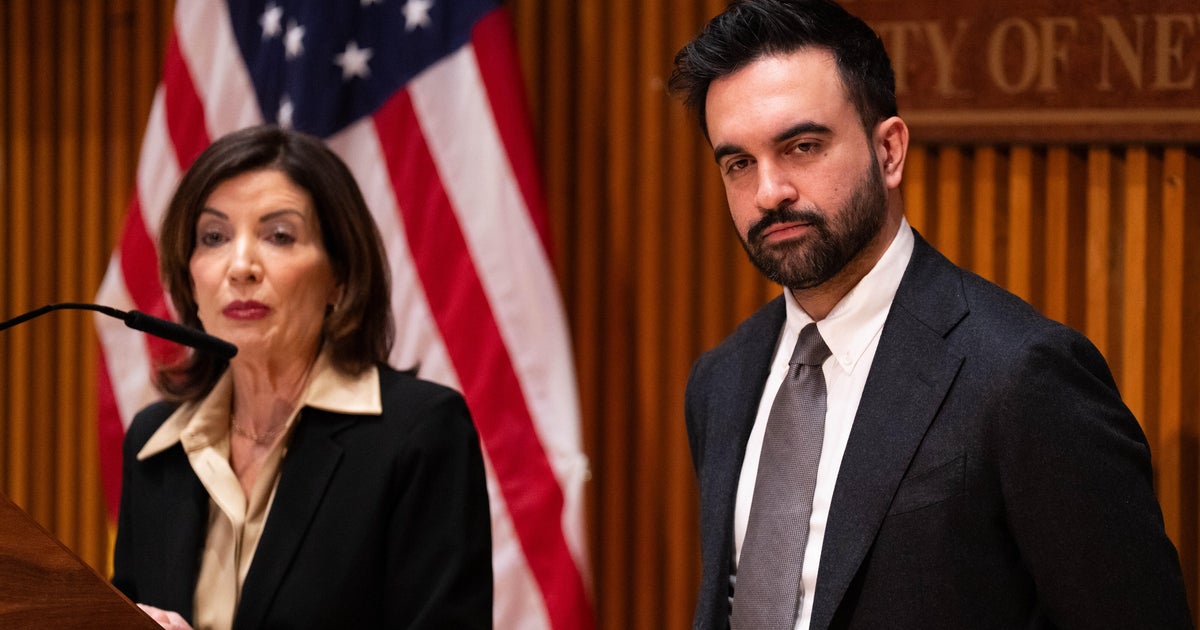Here's why there are so many billion-dollar lottery jackpots
One lucky person could win a fortune on Tuesday in the Mega Millions lottery, which has ballooned to $1.1 billion.
Hitting the jackpot would give someone a series of annuity payments for across 30 years, or the winner could opt for a one-time cash option of $568.7 million. The winner will take home the sixth-largest lottery prize in U.S. history and the third in Mega Millions history.
The current drawing is one of a growing number of massive lottery jackpots in recent years. A Powerball player in California won a $2 billion jackpot in November, while two anonymous Mega Millions players in suburban Chicago won a $1.3 billion prize last fall. Including Tuesday's upcoming drawing, there have been about six jackpots that have exceeded $1 billion during the past five years, College of the Holy Cross economics professor Victor Matheson told CBS News.
The largest Mega Millions payout ever won happened in October 2018 to a South Carolina resident who won $1.5 billion, lottery officials said.
The bigger jackpots aren't by chance, Matheson said. The Multi-State Lottery Association (MUSL), a not-for-profit that coordinates the Mega Millions, has purposefully engineered the game to generate large sums, he added.
In the past decade, MUSL transformed Mega Millions into a national game, made it more difficult to win the jackpot and increased the price of each ticket from $1 to $2. As the Washington Post reported in 2018, the new rules gave Mega Millions participants more numbers to choose from, making it less likely they would guess the combination required to win the jackpot. Mega Millions is played in 45 states along with Washington, D.C., and the U.S. Virgin Islands.
Higher ticket prices and lower odds of winning make the jackpot grow faster from week to week, Matheson said.
The eye-popping figures also induce more people to buy tickets, adding to the lottery pool. Americans are 15 times more likely to buy a ticket when the winnings inch toward $1 billion compared to when the prize winnings are just $20 million, he said.
Of course, the odds of winning are extremely rare. The odds of winning Tuesday's drawing are 1 in 303 million.
"To put it into perspective, the typical person who is a golfer would have about a 1-in-15,000 chance in making a hole-in-one on a particular hole," Matheson said. "So winning the Powerball or the Mega Millions is like getting two hole-in-ones in a row when playing golf."
Although no one won the Mega Millions payout Friday, lottery officials said there were more than 4.4 million winning tickets for lower amounts of money. Five tickets in particular — two in New York and one each in Florida, Maryland and New Jersey — won $1 million, officials said.







